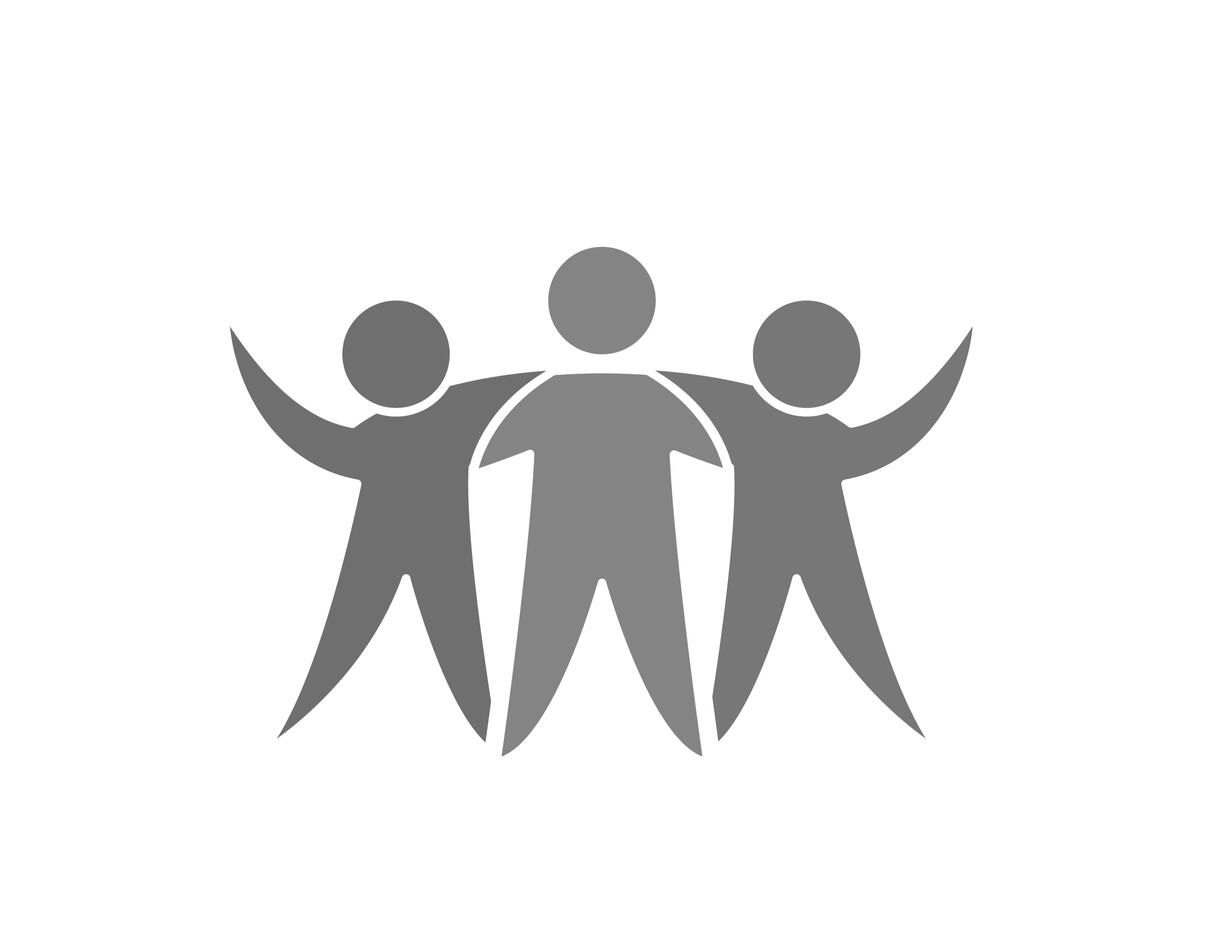Travelling with partner/family
Some things you need to be aware of when travelling with your partner and/or family.
Main content
Membership in the Social Insurance Scheme
Normally, your partner will be covered by the Norwegian National Insurance Scheme (NIS) as long as you are. However, if you or your partner does not have sufficient service time in NIS, or your stay abroad exceeds 12 months, we recommend you check with NAV (Norwegian Labour and Welfare Administration). We also recommend to check with NAV if your partner is not currently employed in Norway.
As long as you are a member of NIS yourself, your children will automatically be members.
Visa
Residence permits for partners and children depend on the regulations of the host country. In many countries, visas are not granted for partners unless they are married. This might apply even if you have children together. Get in touch with the host institution to check the rules that apply in your situation.
Employment in the Host Country
In many countries, partners/spouses are not allowed to work when arriving on a "spouse visa." Make sure to research the regulations associated with your visa in the host country.
If your partner intends to work in the host country, it's essential to investigate whether they need a work permit. Depending on the nationality, partners with EU/EEA nationalities have automatic work permits in the EU/EEA. Partners with non-EU/EEA citizenship must investigate whether they need a work permit.
Additionally, if your partner has a professional degree, the lack of local recognition might hinder them from practicing their profession during the stay.
Note that there are separate rules for working from home abroad. Refer to NAV for regulations regarding remote work. (nav.no)
School
As an EEA citizen, your child has the right to attend public school in all other EEA countries. For all countries, you should apply for school in advance before leaving Norway. Contact host institution for advices about which schools to choose, or which are available for application.
In some cases, the school will ask for documentation from the Norwegian school your child is attending today, more often if the child is in higher grade than sixth grade. Outside of Norway, it is more common with marks and rating in the lower grades. The school can also require a language test, especially in English speaking schools. In many cases in English speaking countries, the child will be placed in classes for children with English as second language (ESL).
From intermediate/secondary school and high school, you can ask your Norwegian school to provide you with an English transcript.
Kindergarten
In many countries, it is not as common as in Norway for toddlers to attend kindergarten or daycare. In addition, a fulltime place is more costly compared to the prices in Norway. There are often activities for example in the Seamen's church or in local libraries or churches, which are good social arenas for children and partner. Host institution will also be able to provide you with information regarding local activities for children.
